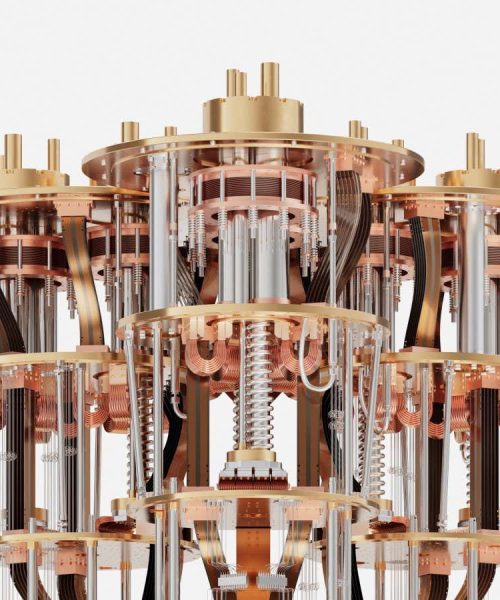
Elaine Knox
Is your chatbot in distress? Many people, myself included, would scoff at this question. It is just computer code, optimised to predict the next word in a sequence. But some philosophers and psychologists say that we shouldn’t be so quick to dismiss this question, perhaps even granting chatbots their own rights. They might have a point.
In a recent academic paper, “Taking AI Welfare Seriously“, one group of researchers argue for a precautionary approach to how we treat AIs. They don’t look to answer the question of whether an AI is conscious or not, but say we should start…





